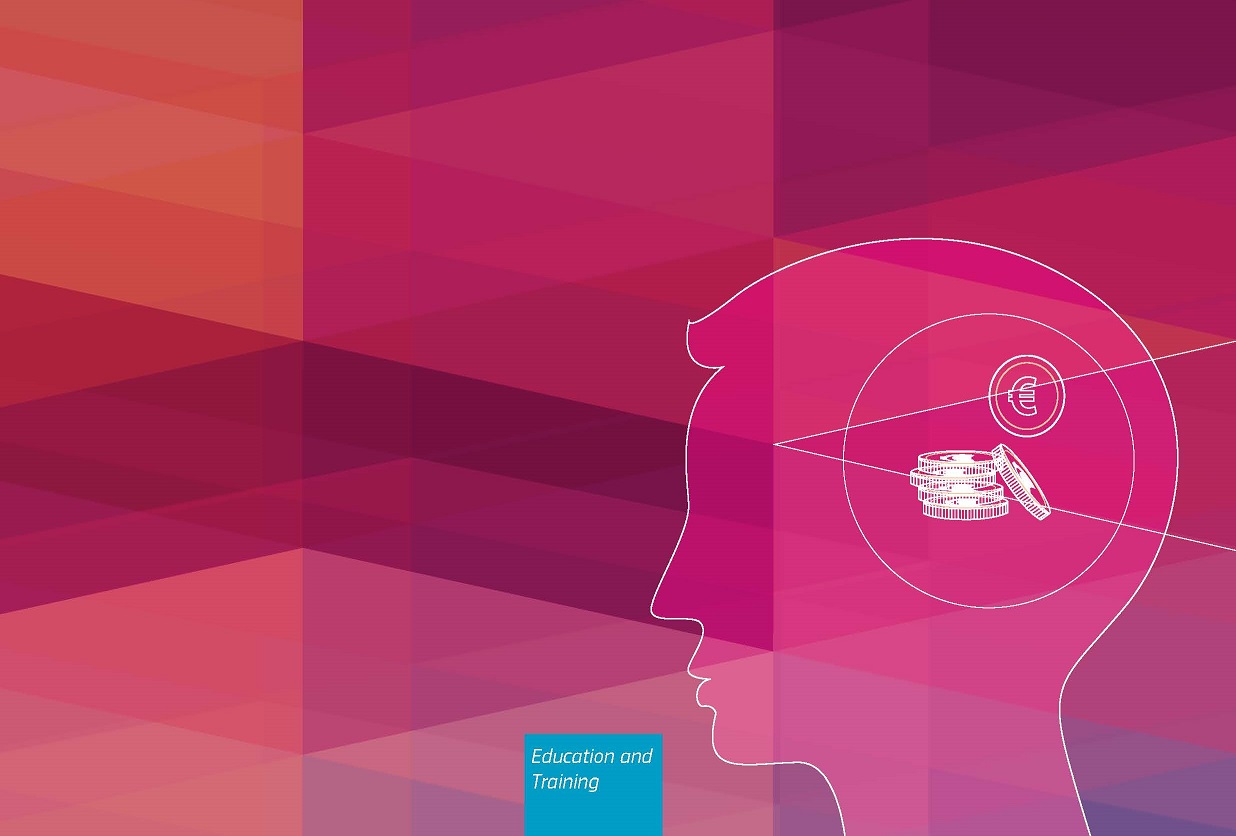New Eurydice Report on National Student fee and Support System across Europe
Published:
Eurydice has published a new Report on National Student Fee and Support Systems in European Higher Education for the period 2015-2016. The report analyses student fees and support systems (grants and loans) across 38 European countries including. It information on fees and merit-based and/or needs-based support in public or State dependent private higher education institutions for the first (Bachelor level) and the second (Master level) cycles. It does not cover private higher education institutions.
According to the report, almost everywhere across the countries surveyed, students are required to pay university fees, regardless of full-time or part-time attendance. Whilst, part-time students are due to pay fees only in Denmark, Malta, Slovenia and Turkey part-time students are required to pay fees. Merit-based criteria on fee payment applies in Czech Republic, Estonia, the Netherlands, Poland and in five German Länder, where students not reaching satisfactory performance standards are required to pay fees.
While ETUCE supports that education in all sectors and levels should be freely available and accessible for all, it is concerned by the high number of tuition fee based studies, contributing to the marketisation of the higher education and social exclusion. This market strategy in higher education will exclude the socioeconomically disadvantaged groups that are already marginalised and have fewer opportunities to access higher education.
A completely fee-free system is established, unfortunately, only in Greece, Cyprus, Finland, Sweden, Norway and Scotland. The highest fees are payed by students in United Kingdom (up to £9.000 per year). Ireland, Spain, Italy, Latvia, Lithuania, Hungary, the Netherlands, Portugal and Switzerland follow with fees levels between €1.001 and €5.000 per year.
With regards to students’ support forms, the report finds that European students can benefit from grants based on merit criteria, on needs criteria, or on a combination of both. Denmark, Cyprus, Luxemburg, Malta, Finland and Sweden provide a universal grant for full-time students. On the other side, Bulgaria, Bosnia and Herzegovina, Montenegro and Serbia provide grants on merit-based criteria only. As a recent trend, many countries now offer loans to students. Such loans rely on the state guaranteeing interest rates and repayment conditions. Approximately 5% of students across 23 European countries benefit from loans.